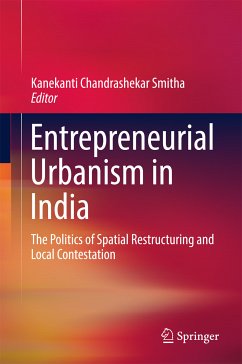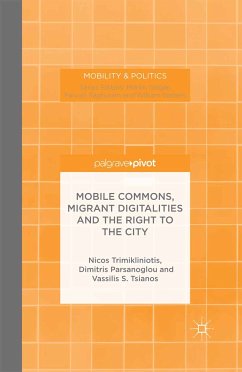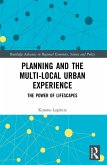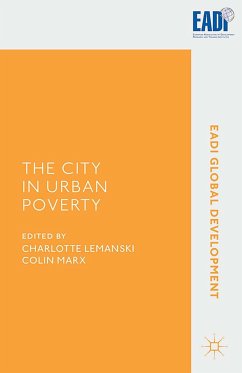Through diverse empirical evidence from India, particularly from the metropolises of New Delhi, Mumbai, Bengaluru and Chennai, this volume focuses on the fallout of the deployment of "entrepreneurial governance" practices at national, state and local levels. Foremost, it explores the impact of specific institutional and organizational reorientations and changing urban spatial landscapes at the local level; secondly, it discusses the socio-economic implications of rollback ofthe state and involvement of non-state organizations in governance as part of urban entrepreneurialism; further, it discusses the regulation of urban development projects by local governments and the impact of "entrepreneurial governance" for citizens, often resulting in social exclusion and inequality. Finally, it explores the inherent contradictions within political and institutional landscapes that can be described as "entrepreneurial".
Written by scholars from diverse disciplinary backgrounds, and focusing on different facets of entrepreneurial governance in Indian metropolises, this book is of interest to researchers of urban politics, public policy, urban sociology, anthropology, urban geography, planning and architecture.
Dieser Download kann aus rechtlichen Gründen nur mit Rechnungsadresse in A, B, BG, CY, CZ, D, DK, EW, E, FIN, F, GR, HR, H, IRL, I, LT, L, LR, M, NL, PL, P, R, S, SLO, SK ausgeliefert werden.









